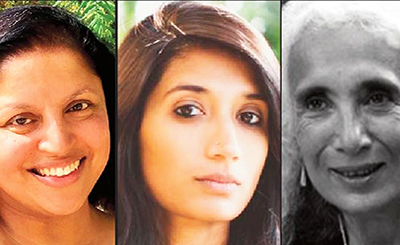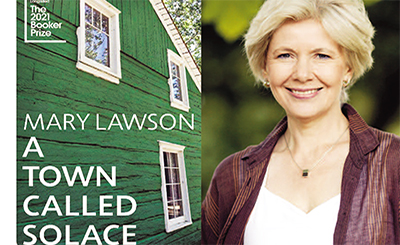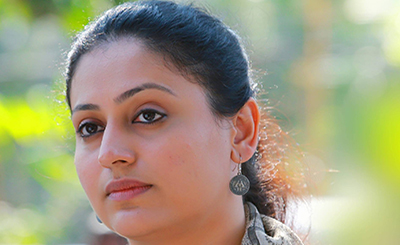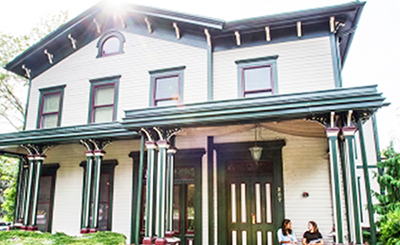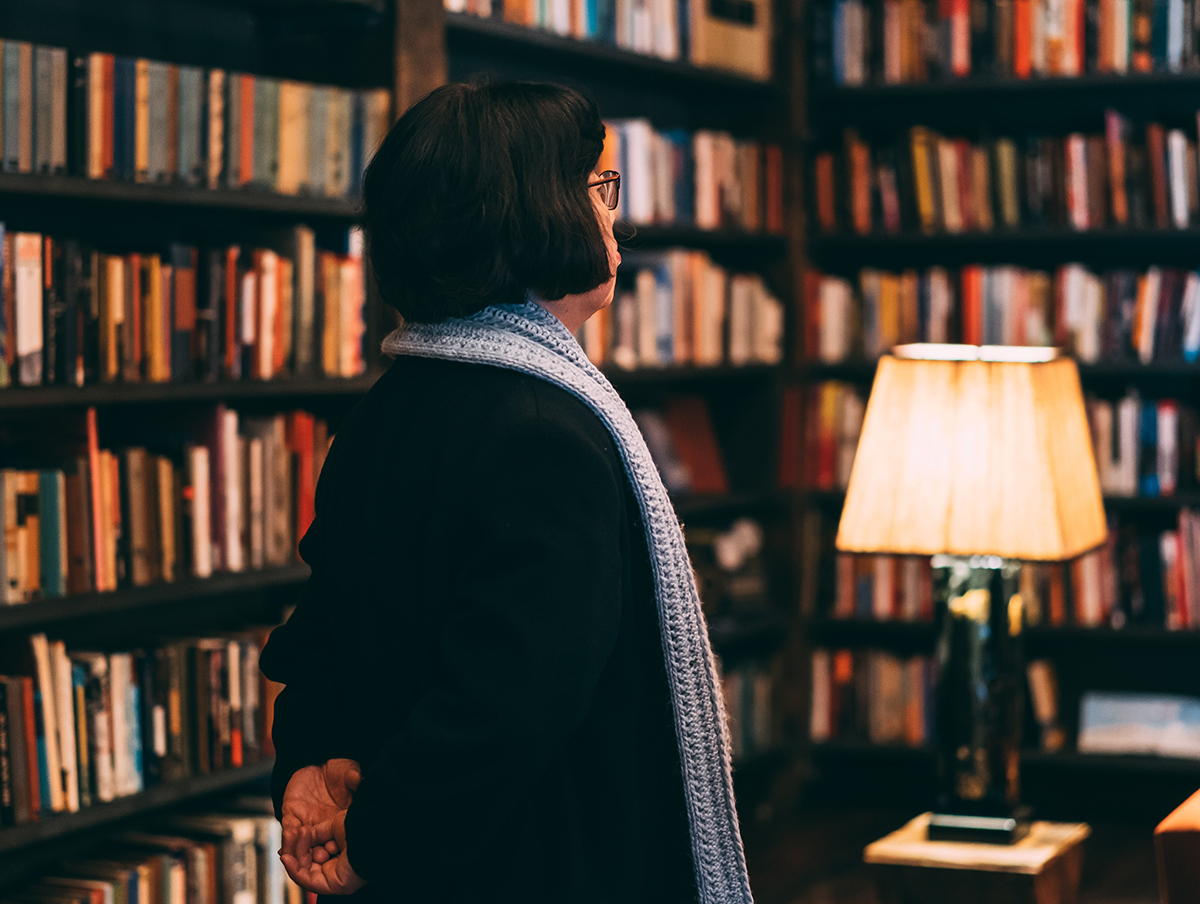
Photo: Ricardo Esquivel
I was in a bookstore, waiting for Tasha. It must have been late in the afternoon. I must’ve skipped class. Quite possibly, I was hoping to find a new distraction — a poem, a statement of unflagging hope, something — so I squeezed past piles of bestselling titles, rows of thrillers ordered alphabetically, till I reached a corner dedicated to poetry and short stories and forgotten fiction. This was my most beloved space, my kingdom, where I claimed the rights of ownership. I ordered and reordered books, sometimes privileging the Hungarians — Krasznahorkai’s ‘vast black river of type’; at times foregrounding Kavan’s dreamscapes; occasionally arranging the spines by colour, the reds following the greens and blues, a marching band of rainbow hues. Here, I could demand a floor cushion, squeeze myself against a wall, read aloud — or not.
It was while I was arranging the last of the spines, the greys and blacks, that I chanced upon a book I hadn’t seen earlier, by an author I didn’t know of. Sahil Vyas. The Shape of Grief. I turned to the last page. There were lines conveying withdrawals — a man was bidding a woman goodbye — so when I read them aloud, they sounded like a lament for the dead.
‘Good choice,’ I heard someone say, someone standing by my side. A man. He was talking to me.
I started. I tried to think of something glib in response, a statement Tasha would have thrown if confronted with a new voice. ‘You think?’ The question fell casually, the way it was meant to. Magic.
‘Though the first page is my favourite. The rest falls short.’
‘I see you’ve read the book.’
‘All too often.’
‘You like the author.’
A chuckle. ‘I wouldn’t say that.’
‘Ah.’
‘Perhaps on some days.’
‘Why would you recommend this book?’
‘I suppose — it tries. It isn’t lazy.’
‘You’re generous when you praise.’
‘And you — you’ve colour-coded these books?’
I flinched. My little country spanning six shelves, hitherto off the maps, had been exposed. ‘I guess,’ I murmured.
‘I used to do that, too. A long time ago.’
‘Really?’
‘Mind if I join you here?’
‘Yes. No. I mean, sure.’
The intruder sat right by my floor cushion. It occurred to me that I had barely noticed this stranger, so absorbed had I been with myself, my turn of phrase, my conduct. If this were a motion picture, I’d have been the sole focus of an all-seeing, all-knowing camera. As it happens, I was still watching myself, the way my skirt crowded around my ankles, my shirt and the creases by the hem, the light that fell on my hands, so they seemed like glass, transparent.
I forced myself to look away and observe the man, so that instant — when I registered the facts of his body for the first time — still endures. It’s the clearest portrait I hold of him.
He was tall, this much was incontestable; and his body was wiry, all bone and skin, set off by a prominent Adam’s apple that fluttered each time he spoke. In the days to come, I’d spend hours watching his neck, the half-apple snagged there. I’d touch it and feel its steady pulse, sense it hum as he whispered a poem, feel its seesaw tremor when he laughed.
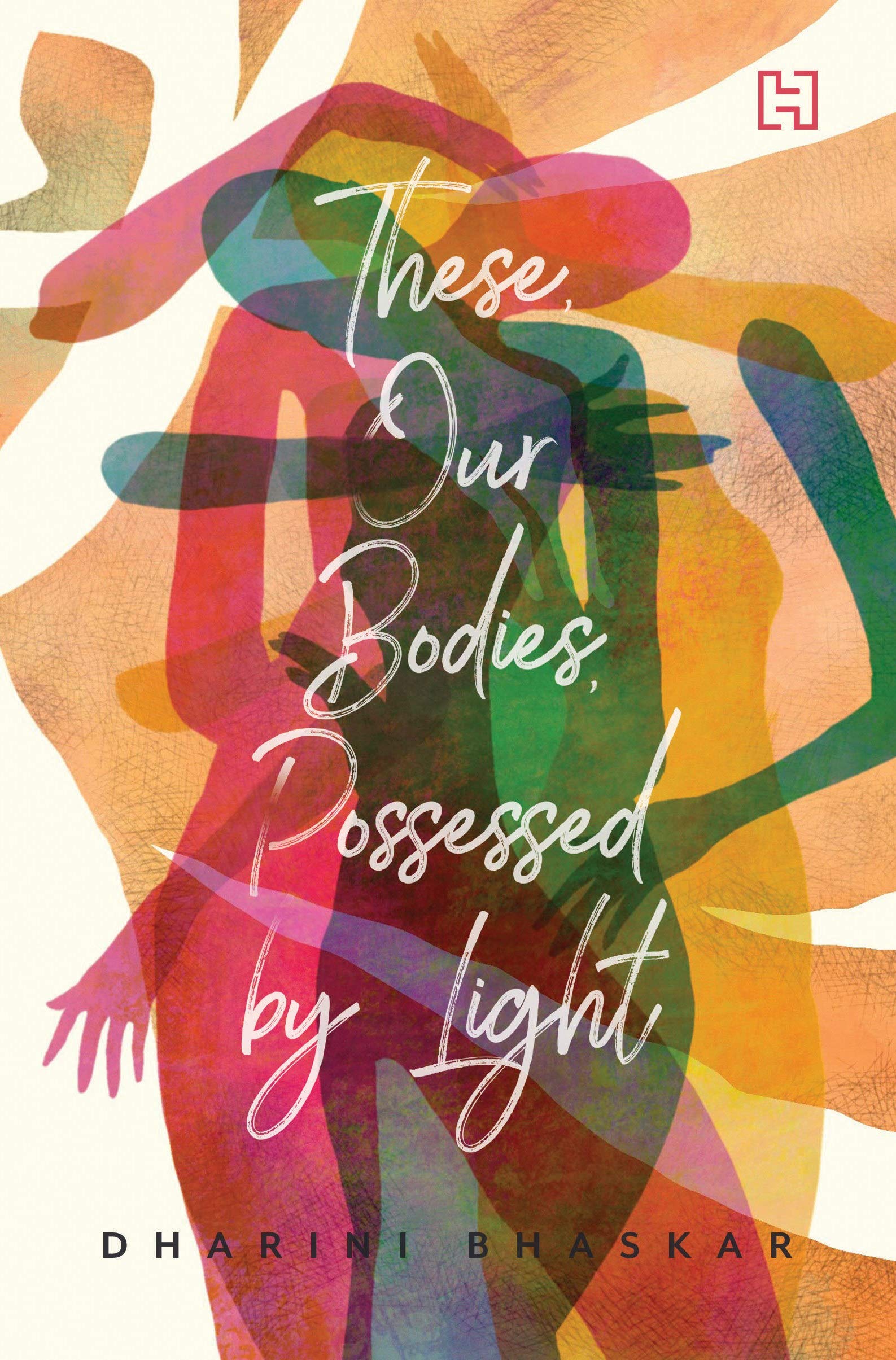
But this was for later.
For now, I watched his face — the large eyes that became letterbox slits when he read; the single dimple hovering by his mouth; the nose, so straight that it seemed like a child’s ruler-assisted line drawing. He didn’t smile often, but when he did, he looked into the distance as though apprehending joys once known.
His hair was closely cut, pepper-and-salt. He wasn’t young. This I could tell for certain. It wasn’t just his hair and the unblack stubble he had missed over a morning shave. It was his skin — it seemed tired. His eyes — at times sneering, often cynical. His manner — generally wry. These weren’t the currencies of youth.
‘You’ve made yourself comfortable,’ he commented, noting the splay-legged knapsack and my abandoned shoes.
‘Well, this is my second home.’
‘Is it? Is there a book you especially like here?’
‘That one,’ I said, pointing to Nightwood by Djuna Barnes. Almost invisible against a row of black-spined titles.
‘Interesting. I used to have Barnes’s poster up on my wall – coloured lips, the hat somewhat askew, a gentleman’s coat, you know?’
‘Yeah. Where’s the poster now?’
He shrugged. ‘We grow old. We move on.’ He paused. ‘But you’re too young to know that.’
‘I’m not. I understand.’
‘Do you?’
‘I used to love the Bee Gees. Back when I was twelve. I don’t any longer.’
‘It’s something like that, yes.’
‘Yes. Do you come here often?’
‘Sometimes. On days when I’m reading.’
‘Are there other kinds of days?’
‘Sure. Those composed of empty hours. Those when I claim to work but do nothing.’
‘Where do you work?’
‘Mostly out of home.’
‘Do – ’
‘It’s my turn to ask questions. What do you do — apart from annexing bookstores?’
‘Well, I’m a student. I’m practically done with the second year of my bachelor’s degree. And then — in a week — I travel for a fortnight with my sister.’
‘Where to?’
‘Scandinavia. Norway actually.’
‘You don’t hear that often. Why Norway?’
‘Well. It’s a long story and — and I’m not wholly sure.’
‘Love?’
‘It’s never that simple.’
‘Spoken like a wise old soul. How old are you, anyway?’
‘I’m older than I look. I’m nineteen, almost twenty.’
‘It’s a good age to be.’
‘So I hear. How old are you? Or is that impolite?’
‘I’m not one to conceal my age. Fifty-two.’
‘Really?’
‘Do you not want to talk to me now?’
I dithered, then chastised myself for my petty conservatism. ‘No, it’s just a number.’
‘If you say so.’
‘What’s your name?’
‘Let’s start with yours. You are?’
‘Deeya. Though everyone calls me Dee. Unless annoyed.’
‘Well, since I’m not annoyed — Dee, I’m Sahil.’
‘Oh! You’re his namesake.’ I flashed the book in my hands. ‘Did you read him because you share his name — Sahil — what’s your surname?’
‘Vyas. I’m Sahil Vyas.’
‘You — ’
‘I wasn’t entirely forthright. That book — I wrote it.’
‘You’re a writer?’
‘When I don’t talk about writing — my favourite pastime — yes, I write.’
‘Oh — ’
‘I’m actually flattered. You picked this book, you read a page — ’
‘Let me buy it.’
‘Let me gift it to you.’
‘Will you autograph it?’
‘Sure. I have an extra copy at home, two streets away. Would you like to come with me?’
I considered his offer. Tasha was expected. We were meant to catch the long train home. She would tell me of the day’s adventures, the men she had spoken to, those she had professed interest in, the dates and pretences and compassionate kisses. While I would listen, nod attentively, interject with a yes —
‘Yes,’ I heard myself say, almost blasé, as though this were a normal turn of events.
‘Great,’ Sahil said, equally blasé.
So we walked. This was a Bombay I knew, that I had wandered through for years. Yet, suddenly, it seemed alien, like a wedge off a tourist map. Was that a crumbling fort? Was this a promenade? Was that a jagged skyline with tiered hotels? What names did they hold? I opened atlases of the mind, tried identifying signposts and landmarks, looked to Sahil for clues.
‘The city keeps changing,’ I murmured.
‘Does it? I fear it’s stagnant.’
‘Why do you say that?’
‘Dig deep under the buildings in Churchgate, beneath Apollo Bunder and the Gateway of India. And you’ll find a network of basement passages, perhaps cellars. They used to exist when this city was a fort, a thing of moats and ramparts. They still live. Nothing changes.’
‘But everything does.’
‘Only on the surface. Slick cars, roads. But scratch these off, and you’ll see — change isn’t the only constant in life. Inertia is.’
‘That’s awfully pessimistic.’
‘So say the young.’
‘You can’t keep telling me that, you know. I’m being held to ransom by a birth certificate.’
‘Let’s talk twenty years from now. You might feel differently.’
‘I won’t.’
‘We’ll see.’
I looked away, and Sahil interrupted. ‘On to cheerier subjects. Are you from Bombay?’
‘I suppose. But I’ve spent much time dreaming of elsewheres, occupying other spaces.’
‘Spaces like?’
‘Norway, for one. Has your address always been Bombay?’
‘No. In another life I inhabited Delhi. And London. And New York.’
‘Do you miss them?’
‘I miss the drift of seasons. Bombay doesn’t have that. It rains, then it doesn’t.’
‘I suppose.’
‘And here’s my home.’
It was an unscrubbed building, grey and mossy, streaks of dirt running down its windows. We climbed up the stairs, past scenes of quiet domesticity — baby doodles on walls, hurried swirls of rangoli, a goddess, perhaps Lakshmi, pasted near an entrance — to reach the second floor. Sahil fiddled with his keys, led me in.
‘Make yourself at home.’
Excerpted from These, Our Bodies, Possessed by Light by Dharini Bhaskar, with permission from Hachette India
More from The Byword
Comments
*Comments will be moderated





